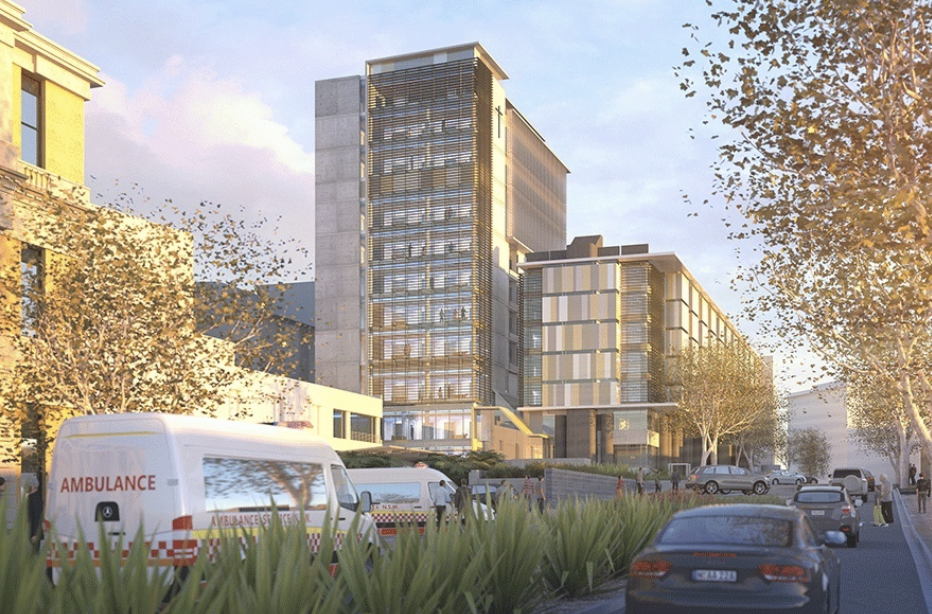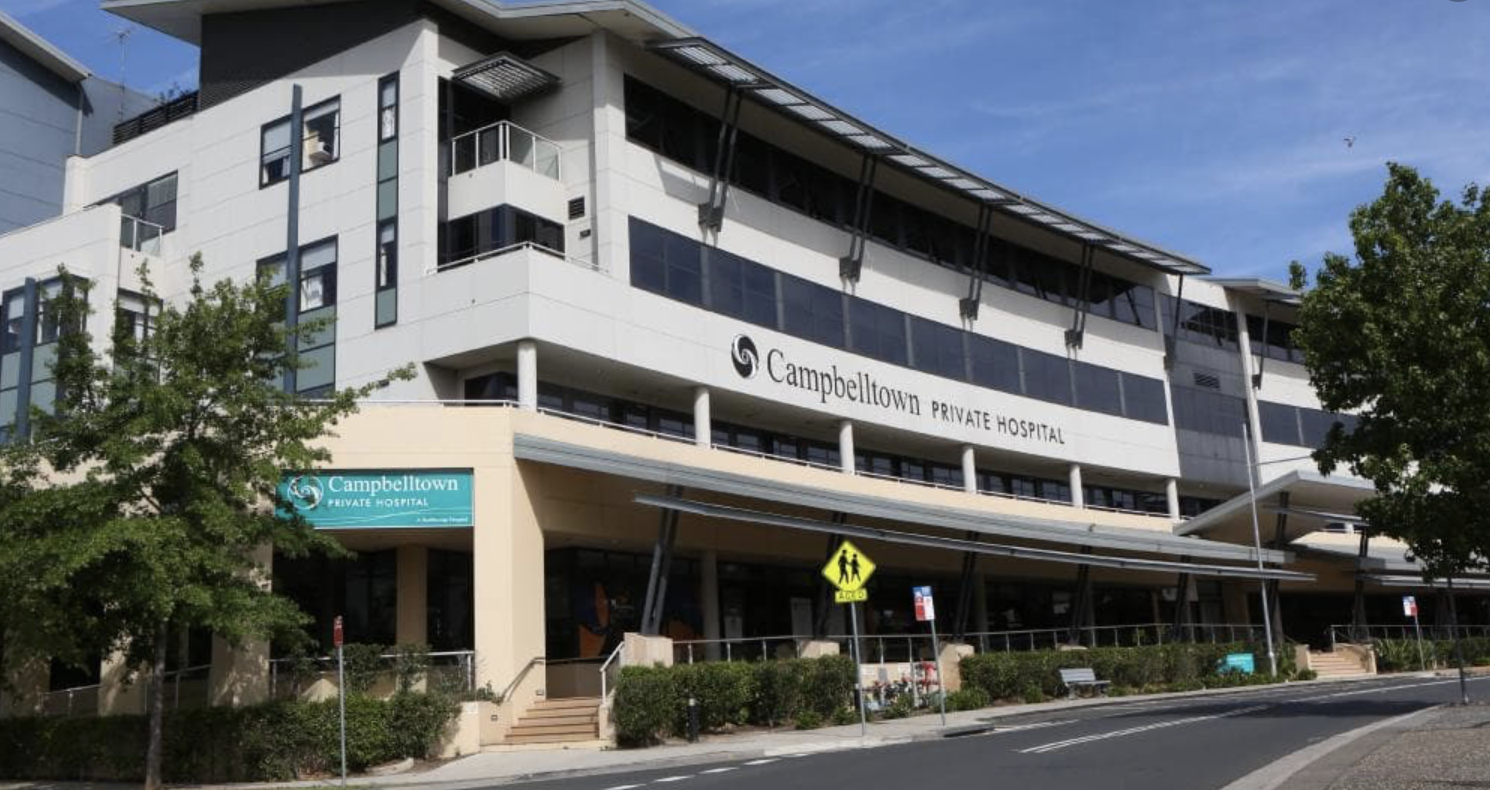Head office : level 8, 187 Macquarie St Sydney
Email: Keyholesurgerycentre@bigpond.com
Phone: 02 92213919
Fax: 02 92331049
Different ways to perform Gastric sleeve Procedures
Dr Tsang specialises in a number of different weight loss procedures including Laparoscopic Sleeve Gastrectomy and Endoscopic Sleeve Gastrectomy. A Laparoscopic Sleeve Gastrectomy costs $14,300 all-inclusive if you are non-insured with no hidden fees, or just $3,700 out of pocket if you are insured.
A sleeve gastrectomy is a life changing operation. It is used to help people to lose weight and improve their health. Losing weight lowers the risk of developing medical problems associated with obesity. For example, high blood pressure, diabetes, arthritis, breathing problems and asthma.
The sleeve gastrectomy makes your stomach smaller and should change the amount you can eat at your meals which will help you to lose weight. It is not a reversible procedure
How does it work?
The operation involves removing approximately 85-90% of your stomach, leaving behind a narrow tube (sleeve) which becomes your new stomach. After the surgery food will follow the normal route into the smaller stomach and then on into the small intestine.
The operation also alters some of the hormone signals from the stomach and intestine to parts of the brain that control body weight: many patients report that following this operation they feel less like eating and feel fuller sooner and for longer after a meal.
As the size of your stomach has been reduced the size of your meals will need to be reduced to be appropriate for your new small stomach. Your reduced portion size combined with low fat, low sugar choices will help you to lose weight and maintain the weight lost.
The surgery is done laparoscopically, commonly known as keyhole surgery. This means that you will be up and about soon after surgery and should make a speedy recovery. Although you will have some pain after surgery this is usually not severe and easily controlled by painkillers.
How much weight can you expect to lose?
You can expect to lose between 55% and 85% of your excess weight in the first 12–18 months following surgery: However an excess weight loss of 100% or more is not uncommon in patients who do intensive exercising.
The amount of weight you are able to lose and keep off after surgery will depend also on the lifestyle changes that you make, such as increasing the amount of exercise you take and eating a healthy diet. It is important to remember that the operation will not stop from you from craving certain foods or eating what you fancy.
What are the risks of a Sleeve gastrectomy?
As with all major surgery sleeve gastrectomy has some risks. These risks vary according to your age and other illnesses you may have.
The risk of death within the first 30 days after surgery is estimated to occur in less than 1/1000 having this operation. This number does not reflect the experience of our surgeons but it is calculated on national and international averages on the base of large multicentre databases.
Other complications, listed below, happen in less than 5% of patients (or 1 of every 20 patients).
Complications that can occur soon after surgery
- Wound infection: this can usually be treated with a course of antibiotics and does not require hospital admission.
- Bleeding: You will be monitored carefully for signs of bleeding. If occurs, it can be often managed conservatively and occasionally it may require transfusions. Exceptionally the surgeon will need to perform surgery to stop the bleeding.
- Blood clots in the legs or the lungs (DVT/PE): To prevent blood clots from forming you will be given special stockings, an injection to thin the blood. During and immediately your operation you will also wear special boots to prevent clots from occurring. You need to continue to wear the stockings for few weeks after your operation. Smoking significantly increases the risk of clotting. If you are a smoker, you will be advised to stop smoking before surgery.
- Leaks from staple lines: This postoperative problem is rare but serious and may require emergency surgery. A leak is usually caused by a failure of the natural healing process as all staple lines are checked at the end of the operation. If this happens, your hospital stay will be longer. Sometimes this will heal without further surgery. In the worst case scenario your surgeon may decide to take you back to theatre to control the leaking.
- Dysmotility: very occasionally the new stomach may respond to surgery with frequent spasms and a temporary intolerance to food and even liquids. This is a rare and unpredictable event which may require temporary tube feeding.
- Reflux: this is common in the first 3 months but more patient do improve over time.
Long term complications after Sleeve gastrectomy surgery
Long term problems are uncommon but can include:
- Port site hernias of the abdominal wall
- Narrowing (stricture) of the sleeve which can make eating and drinking more difficult. This will need to be stretched with an endoscopy
- Hair loss or thinning in the first six months. This is a temporary side effect of the rapid weight loss and it will re-grow
- Gallstones
How should you prepare for the procedure?
- Discuss the operation with your close friends and family.
- Meet other patients
- Make healthier changes to your lifestyle
- Two weeks before the operation you will be required to follow a low calorie liquid diet. This will help shrink the liver and make the operation easier for the surgeon and safer for you.
The day of the operation
You will usually be admitted to the hospital on the day of your operation. You must not have anything to eat or drink (this includes chewing gum and calorie free mints) from 8 hours before your surgery, although you may drink plain water up until 2 hours before. You will then go to theatres where the anaesthetist put you to sleep. You will also be given an intravenous drip so you can have fluids during the operation.
What should you expect after the procedure?
The day after the operation
The amount you may drink will be increased every couple of hours until you are able to take at least one glass of water every hour. Your drip will be removed when you are drinking enough to keep you hydrated.
The following one-two days after the operation
You should start to feel better very quickly after the operation and will be able to move around on your own.
You need to drink one 125ml glass of smooth fluid every hour when you are awake. For example you may have tea and coffee, milky drinks and soup with no lumps.
Two to three days after surgery you will be able to go home.
At discharge
PAIN AND MEDICATION
Sleeve gastrectomy is usually not a painful procedure. You will be given a supply of soluble painkillers to take home with you; these should be taken regularly for the first few days. If you have no pain gradually reduce the number of tablets you are taking. Allow soluble tablets to stop fizzing before you drink them. You will also prescribed an anti-acid sublingual tablet (lansoprazole fastab) to be taken daily for at least three months after your surgery.
If you have been taking medication to control your blood pressure or diabetes, these will be reviewed before your discharge. In most cases these can be reduced or sometimes stopped all together. Please make sure you are clear about this before you leave the hospital.
Please note: Do not take any large tablets for first two weeks as they may get stuck and damage the staple line. All tablets have to be crushed or taken in soluble form. If in doubt please ask your surgeon
WOUNDS
The small incisions made for your surgery will be more or less healed by the time you leave hospital. The steri-strips (paper stitches) should be left to come off by themselves. Any stitches will be soluble. You will only need to go home with dressings if one of the wounds is oozing. If this is the case the ward nurse will ask you to visit the nurse at your GP surgery. If any concerns, please remember that you can always refer to your surgeon
ANTI-EMBOLIC STOCKINGS
You should take these home with you and continue to wear them until you are walking about on a regular basis. If you flying within six weeks from surgery, you should wear them during the flight.
EATING AND DRINKING
You will be given a diet information sheet. You should have this with you at all times so you know what to drink and are familiar with the stages of food introduction in the next few weeks. In case of doubt you are advised to contact your dietician.
WASHING
You can have a shower but do not soak in the bath for at least a week after surgery.
DRIVING
You may drive as soon as you can comfortably wear a seat belt and are able to perform an emergency stop (independently assessed by a close relative or a friend). You should check with your insurance company for their specific advice about driving after keyhole (laparoscopic) surgery.
OTHER ACTIVITIES
You will be able to walk straight after surgery. Try to go for a walk every day, gradually increasing the distance as you feel able. You will probably need at least 2 weeks off work but please check with your surgeon. It is advisable to avoid heavy lifting for at least 1 month after abdominal surgery, if you are unsure discuss with your surgeon. You may resume sexual activity as soon as you feel comfortable.
Women of childbearing age must not become pregnant for at least one year following sleeve gastrectomy surgery. After one year: if you are planning a pregnancy please contact your dieticians for nutritional advice.


Dr Clement Tsang Specialist weight loss surgeon
Dr Clement Tsang is a consultant surgeon with a special interest in advanced laparoscopic or keyhole surgery. Dr Clement Tsang specialises in the field of gastrointestinal (stomach and bowel) and bariatric (weight reduction or weight loss) surgery. He has been performing weight loss procedure for more than 10 years. Currently around 95% of his work is in the field of weight loss surgery and he manages more than 6000 patients.
Our locations

Waratah Private Hospital Hurstville

St Vincent's Private Hospital Darlinghurst

St Luke's Private Hospital Potts Points

Campbelltown Private Hospital
Keyhole Surgery Centre I Contact : 02 92213939
